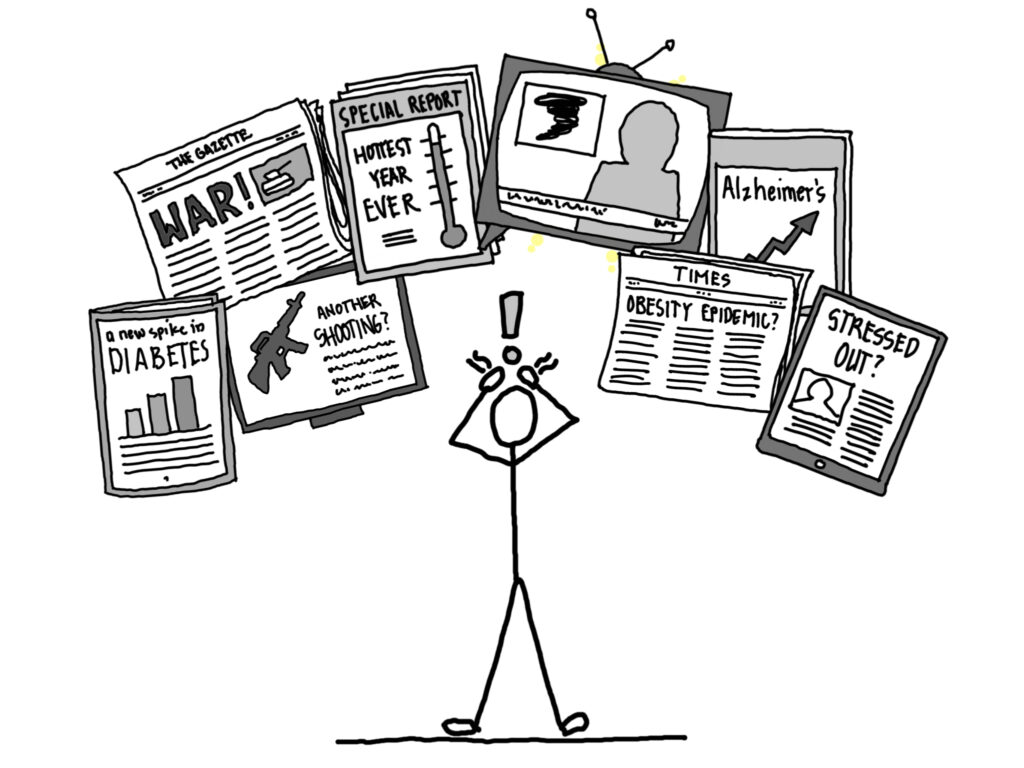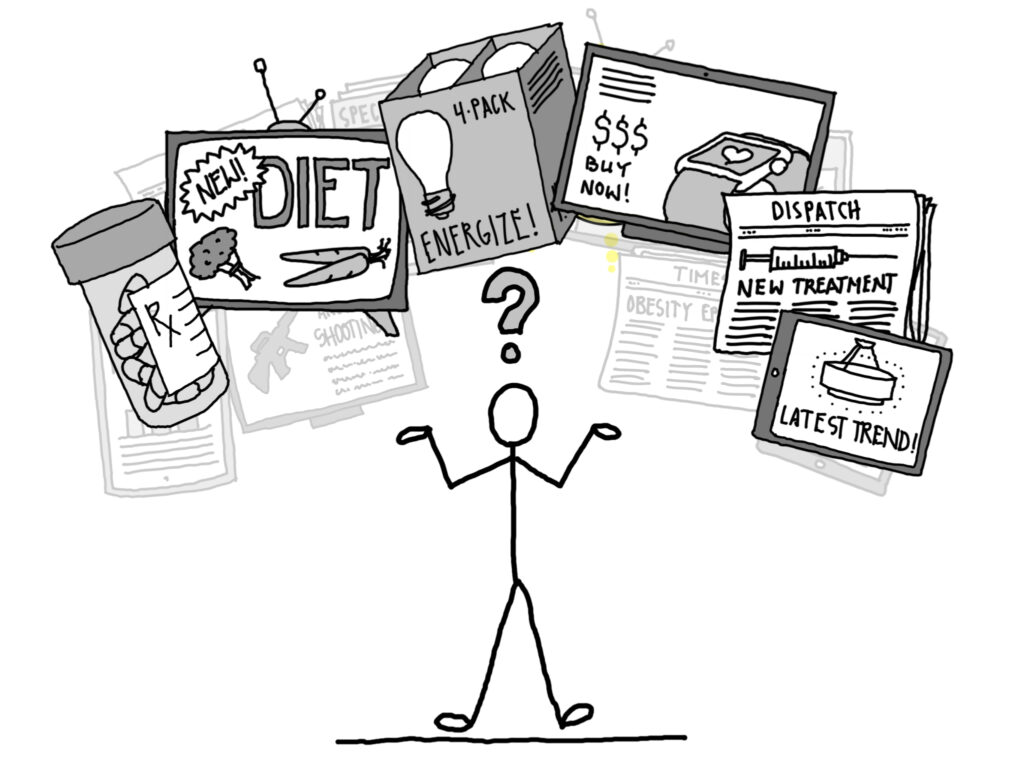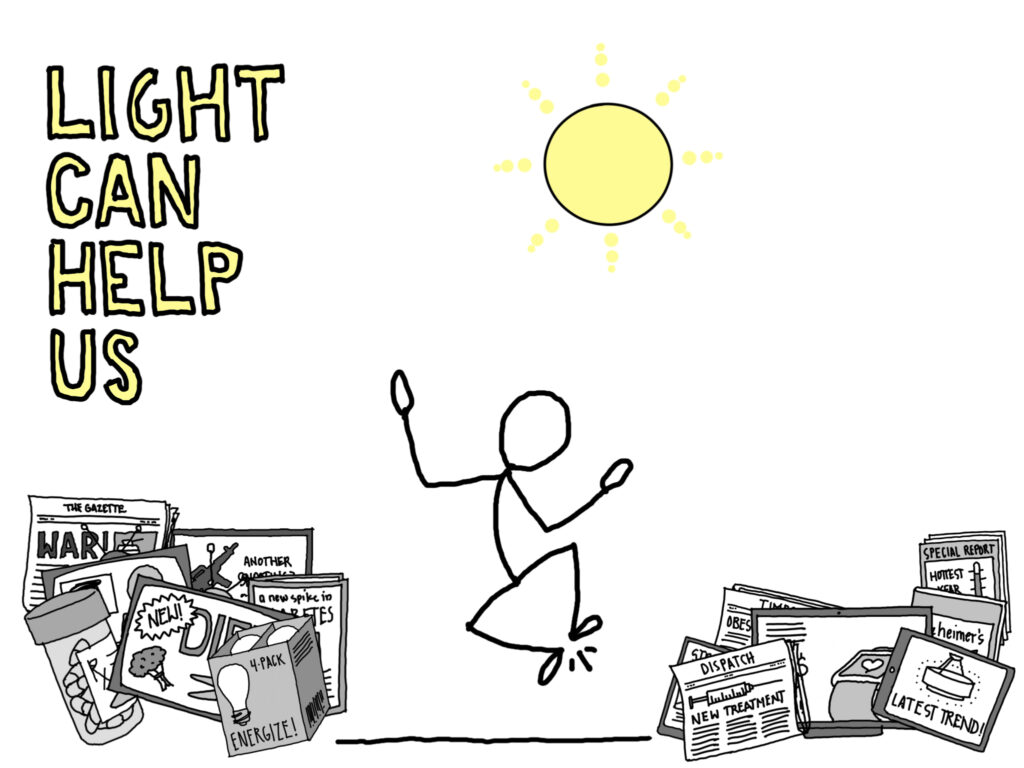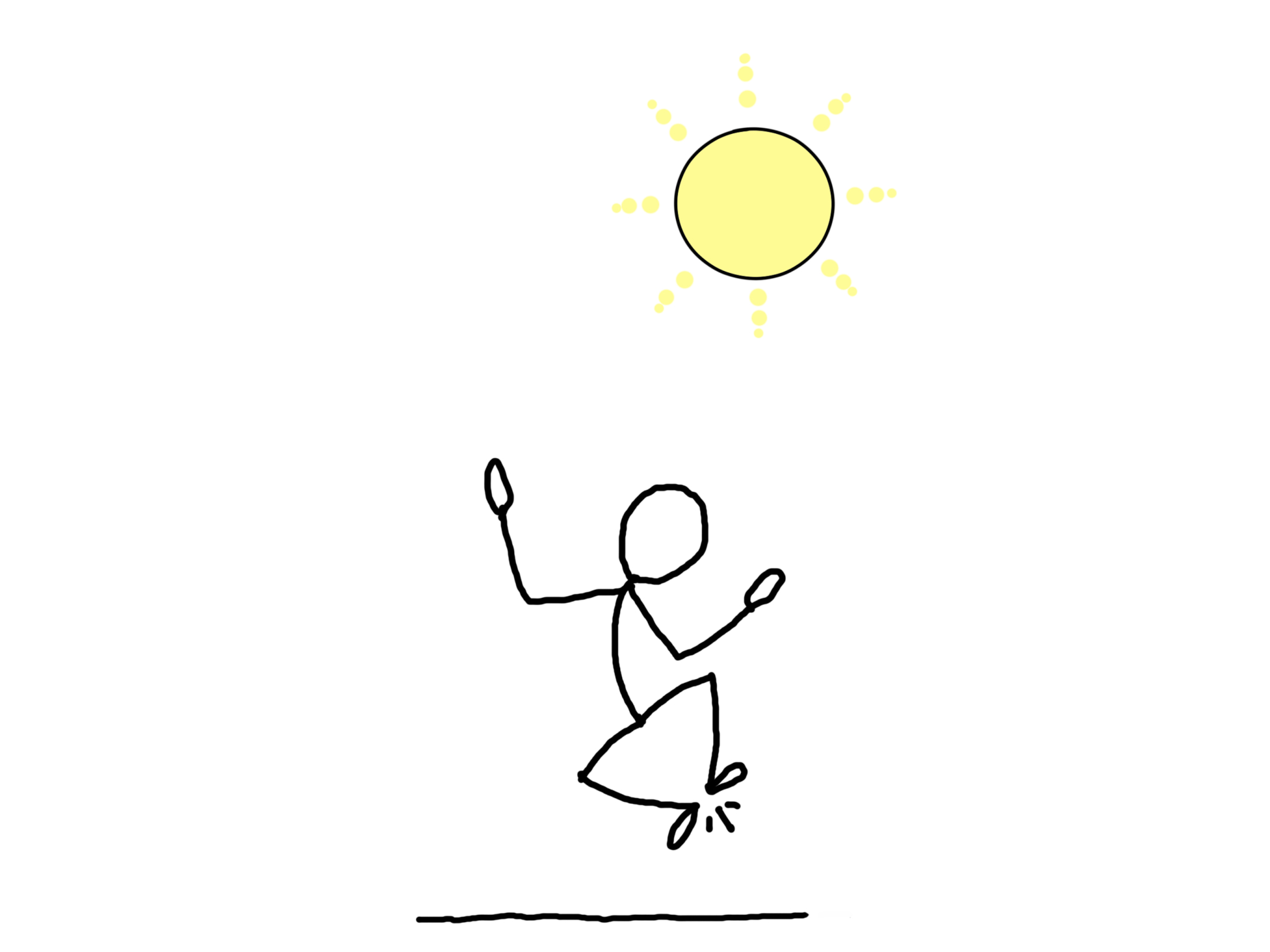Light can help us. And we need help.
Every so often I need to take a break from reading the news lest my outlook turn irreversibly grim. (Weird, I just used “lest” in a sentence.) Even forgetting climate disasters, wars, and political messes is not enough to turn the tide of news positive.
We- humans- are struggling to get by and searching for answers. How is it that our advanced and (comparably) wealthy society is saddled with major health issues that threaten the decades-long increase in life expectancy? Why are we struggling like never before with autism and diabetes and Alzheimer’s and anxiety?

We are, as a society, searching for the causes of our troubles. Perhaps it is the increased availability of empty calories and the overabundance of sugary treats that are to blame. Perhaps it is the glysophate that has worked its way into our food supplies or the “forever chemicals” in our water. Maybe it is the ongoing stress of reading the news or the addictive and polarizing nature of social media.

I’m neither a medical doctor or scientific researcher, so I won’t presume to have all the answers. It could be that all of the above are hurting us, or perhaps it is all caused by a singular change in our lifestyles. Whatever the cause, we are suffering.
And light can help us.
All you have to do is buy the right product.
Our society is quick to market with solutions for every ailment. Whatever damage is being caused by our addiction to electric light, there is a remedy. Perhaps it is a drug that attempts to replace the melatonin our bodies should be producing naturally. Perhaps it is a new light bulb that promises to energize us. Perhaps it is trendy chandelier- now available in tunable white!
This new series is dedicated to the exploration of why light is important and how it can help us cope with many ailments, and perhaps even reduce them outright. I will revisit my simplified theories for lighting design including the Sunny Day Theory, Cloudy Day Theory, and Red Velvet Cake Theory, reexamining their viability as I infuse them with an explosion of experience and discovery.
I will look closely again at my five promises of light, perhaps add a sixth, and pay special attention not just to the practical but also to the physiological and psychological underpinnings of why these promises are important to consider.
Light can help us see what we are doing so we can do it better, know where we are, where we are going, and who we are with, and feel better. Light can help us change more easily and focus more clearly. Light can help tell our stories.

Light can help us. And so can darkness.
I will revisit my Starry Night Theory and Campfire Theory, take a look at how modern lighting has robbed us of darkness and stars, and perhaps suggest basic strategies for better sleep that can impact our every waking moment.
I will leave the deep science and thorough medical examinations to others more qualified than I. What you can expect in this series is only what I am capable of delivering: an honest and introspective gathering of ideas and an attempt to assemble them into useful and actionable strategies.
I believe that light can help us live healthier and happier lives. With a little luck, this series can help you with light.
